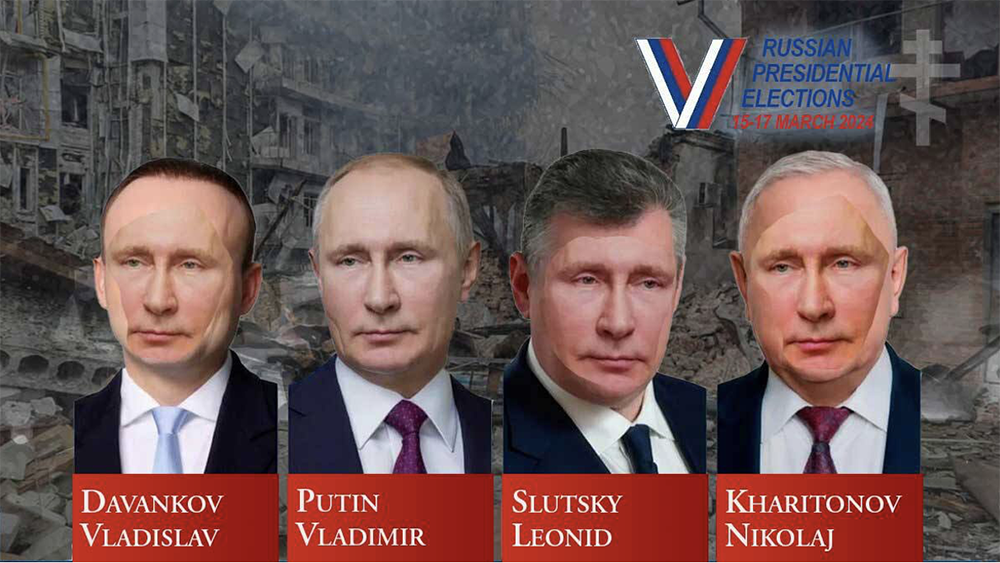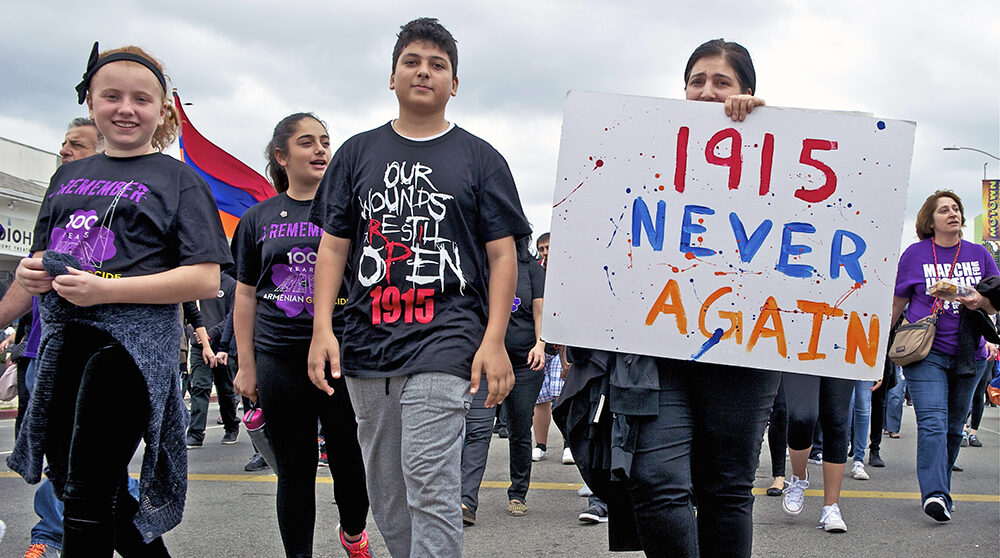ANALYSIS. In just over two decades, Russia has undergone a remarkable shift towards a totalitarian state. When did this transformation take root and is it still possible that Russians – in the future – might elect a president committed to democratic development?
The opinions expressed in the articles are those by the authors.
In just over two decades, Russia has undergone a remarkable shift in its stance towards democracy and collaboration with Western nations. While the authoritarian nature of Russia is posing a threat to the security of the European Union through actions that undermine European values and principles, the pressingquestions arise: When did this transformation take root, leading Russians to endorse a path of hostility and aggression? Is this path genuinely supported by Russian people? In essence, is Putin a dictator endorsedby popular vote or an illegitimate usurper? And finally, is there a lingering possibility that Russians might alter their course and, in the future, elect a president committed to democratic development?
Only three republics are democratic
Since the dissolution of the Soviet Union, its member countries, including Russia, declared a commitment to building democratic societies. However, according to Freedom House, only three of the fifteen former republics can now be considered democratic, with eight, including Russia, falling under the label of authoritarian regimes. Notably, Russia stands out by engaging in aggressive warfare against its neighbor and openly brandishing nuclear threats.
How did it end in such a dark place? Academic research has extensively explored the concept of utilizing administrative resources in electoral contexts, particularly within hybrid or authoritarian regimes, such as Russia. Administrative resources refer to the use of state power, assets, and state employees to favor incumbent state actors, especially during election periods. In Russia, this process is overseen by the Presidential Administration of Russia and involves top-down control and centralized implementation of strategies aimed at achieving, for example, a larger voter turnout and desired candidates’ results. This bears striking similarities to the centralized economic planning system of the former Soviet Union. The objectives are communicated not only to regional authorities but also to the media and the Central Election Commission of the Russian Federation, ensuring that undesirable candidates are excluded using legal procedures and kept out of the public eye within the electoral sphere.
Changes started in 2004
While the roots of this system have already been visible after President Yeltsin dissolved Russia’s parliament by attacking it with military force in 1993, the chaotic legislative process of the ’90s and the lack of centralized control allowed free participation in the electoral process. According to the OSCE, presidentialelections in 1996 and 2000 accurately reflected voters’ preferences. However, by 2004, a tightening of legislation began, including the abolition of direct elections of governors. Putin’s presidential return in 2012 marked an accelerated destruction of democratic institutions, with a consistent tweaking of electoral rules to manipulate the system in his favor. For instance, following protests against the 2011 Russian parliament election results, the law allowing the reinstatement of direct elections of regional governors in 2012 was amended to grant regions the option to replace the popular vote for their leaders with a parliamentary selection from multiple candidates. In early 2015, amendments to the law on local self-governance were passed, permitting regions to swap direct elections of local administration heads with appointments through competitive processes – a move swiftly embraced by numerous regional authorities. As of mid-2023, only five regional capitals in Russia directly elect their mayors through popular vote. Recent federal elections monitored by international observers, such as those in 2012 and 2018, have drawn international criticism for falling short of democratic standards, with concerns raised about unequal opportunities, media bias, restricted rights for candidates, and the lack of genuine competition.
The introduction of ”electronic voting” during the 2020 campaign for introducing changes in the Russian constitution further undermined the democratic process. The vote, held over a week instead of a single day, allowed Putin’s presidential term to reset, potentially extending his rule until 2036. According to political experts, Russian independent experts estimated 22 to 58 million illegitimate ballots revealing that only 30% truly voted for the amendments.
Electronic voting in Russia lacks transparency and accountability, which raises serious concerns about the secrecy of voting and the accuracy of the counting process. During the vote on constitutional amendments, the proportion of voters using electronic means barely exceeded one percent. However, Ella Panfilova, the chairwoman of the Central Election Commission anticipates that around 38 million Russians will have access to electronic voting in the upcoming March 2024 presidential elections. This sparks the disconcerting conclusion that the president of Russia is likely to be elected not by its citizens but by the manipulation orchestrated through troll factories under the control of the presidential administration.
Drawing parallels to the cargo cults of the Melanesian islands, Russia’s electoral landscape seems to substitute authentic democratic principles with mere decorations, masking the absence of genuine democracy. Much like the cults’ replication of runways and airports from coconut palms and straw, Russia’s democratic façade obscures a deeper void. It is important to recognize that in Russia, this imitation is not orchestrated by voters but by the state apparatus, which exerts direct control over all electoral processes. The structure, ostensibly copied from Western countries, operates as a superficial mimicry that falls short of the original. This double-edged strategy serves two purposes: for some voters, witnessing Putin’s participation and victory in a seemingly democratic process is crucial. Simultaneously, for those recognizing the inadequacy of the imitation, the very principles of electoral legislation are discredited due to their poor execution.
The Russian opposition leaders have recently organized a political campaign calling for international recognition of the illegitimacy of soon to be re-elected “president” Putin. While it’s unlikely to result in transition of power, such a gesture will provide an important sense of encouragement and support to those Russians who are opposing Putin’s rule. At the end of the day, as history reminds us, one cannot deceive all the people all the time. Russia may eventually witness a shift in power, offering an opportunity to return to the path of democratic reforms. However, this change is unlikely to materialize through the electoral process.
Erik Zhivkoplias
Svetlana Gross
Read also


